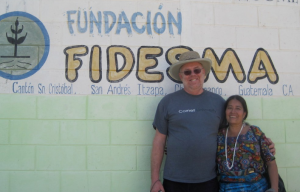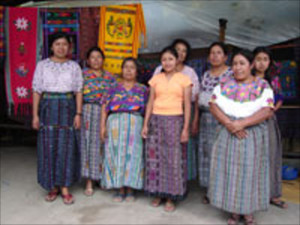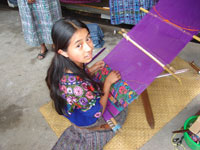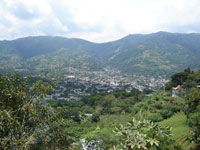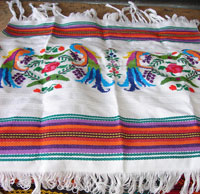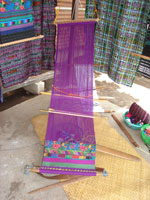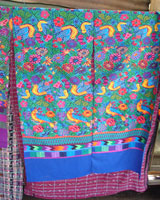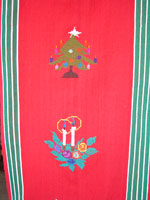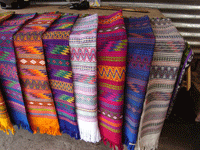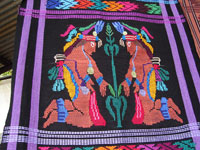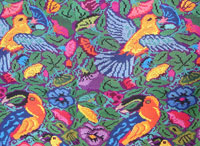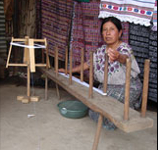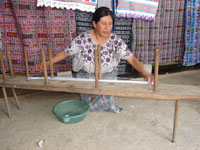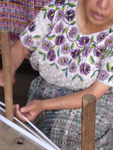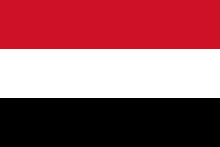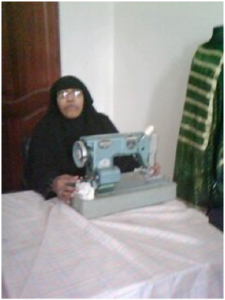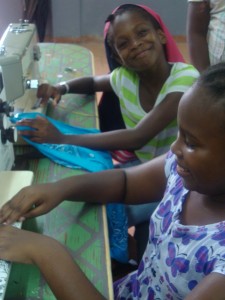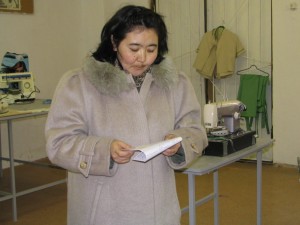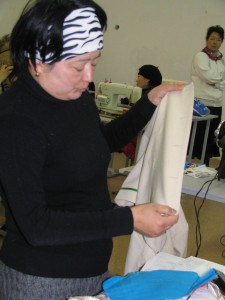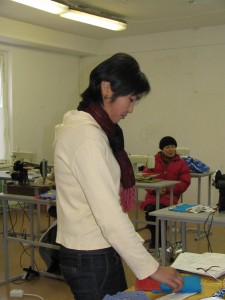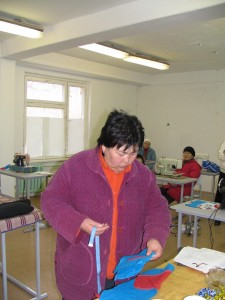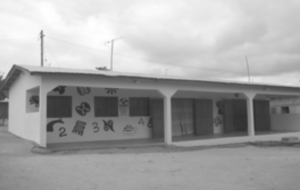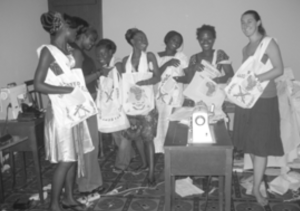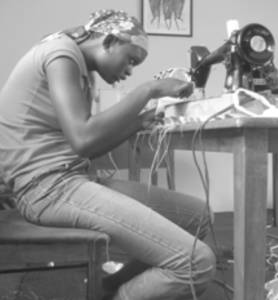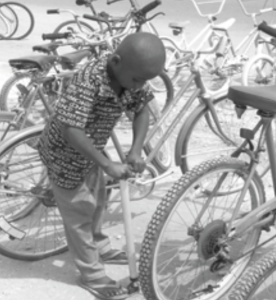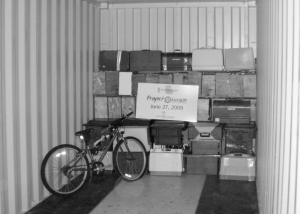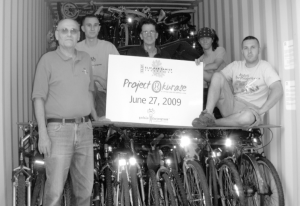by Herman Longo
UNITY IN DIVERSITY FOUNDATION (UDF) is a Non-Governmental Organization and Non-Profit Making. Registered under Companies Ordinance (Cap 212) Companies Limited by Guarantee no having a share Capital. Registered on September 28th, 2004. Certificate of Incorporation No 50181. Also we have certificate of Compliance of Non Governmental Organization Registered under Vice President’s Office given at 13th March 2006. Our Registration No is 1597. Was founded for the following reasons. To unify, train and empower financially diverse expertise of idle expertise in different trades for the purpose of running their projects effectively.
OUR VISION. UDF envisages seeing that the idle expertise are unified and empowered.
OUR MISSION. To identify, unify, and offer training in their respective expertise for the purpose of running projects that will contribute towards the increase of the national economy and to procure and manage funds to be provided to the trained grantees for using them in running their projects.
OBJECTIVES. (a) To run educational institutes from grass-root level that is Nursery school, primary school, secondary school, vocational training school, secretarial, business/commercial, tourism etc. (b) To assist the marginalized sectors of the community by providing them with relevant education and information in order to assert their rights and seek improvement of their living conditions with particular emphasis on women, street children, orphans, disabled and HIV/AIDS victims.
THE PROJECT OF BICYCLES. The Bicycles project will help the idle expertise of Tanzania who were walking on foot, transporting goods on their heads, now will be using the bicycles for transportation of agricultural crops from their farms. The bicycles will be used by women and men in productive activities. Also the bicycles will be used by students who are walking 7 kms to 10 kms going to school every day. Also the bicycles will be used by women who are walking 6 kms to 10 km seeking water. The bikes will be doing a lot of activities such as carrying pregnant mothers from the village to town. Where there is no means of transportation the bikes will be carrying sick people and pregnant mothers.
THE PROJECT OF SEWING MACHINES. The sewing machines will be used to empower idle Girls in Tanzania, idle orphans, idle widows, idle women groups, idle youth group who are lacking employment and will be employed by this project. Due to the high movements of girls who are migrating from the villages to town the only solution is to provide them with sewing machines so that to lessen them from engaging into prostitution, drug abuse, unwanted pregnancies, theft, sexual abuses, etc. The sewing machines will provide them with employment for their self sustainability, self reliance and self employment. The sewing machines will help also the people living with HIV/AIDS and women groups who are idle. They will benefit from this project so that they may be encouraged into productive activities for improving the national economy by making different clothes like table cloths for decorating the tables and selling clothes to other nearby countries like Malawi, Zambia, and DRC. The sewing machines will bring a lot of changes soon because we have so many teachers who can teach them. It takes only three to six months for a young lady to master the sewing machine.
Through the Project of Bicycles and Sewing machines the vision of UDF which is to empower the idle expertise will be achieved. Also the vision of MATABE to Make Tanzania Better will be achieved effectively because everyone will busy working and our economy will be improving day after day and there will be no famine, no drug abusers, no prostitution, the kids will be attending the school well, at last everyone will be smiling in this world.

